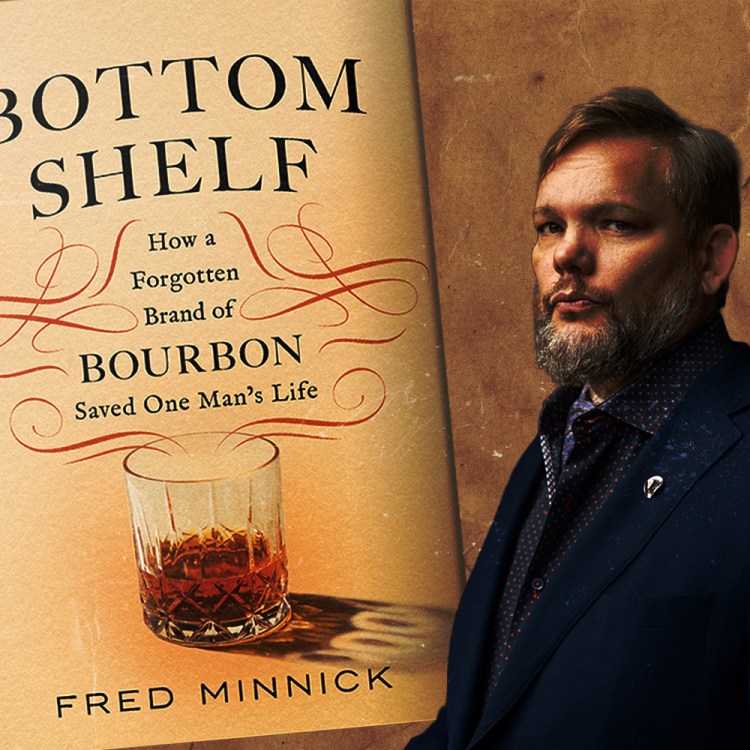“Whatever complexities, whatever dark politics of the human mind — these are noted only within the chalked borders of the playing field. At times strange visions ripple across that turf; madness leaks out.”
That’s not explicitly a description of Myles Garrett’s actions in the final moments of a Steelers/Browns game on Thursday night, but it might as well have been. Those sentences come from Don DeLillo’s 1972 novel End Zone, in which the writer’s typically philosophical and deadpan approach takes on the world of college football, and in doing so anticipates the militarization of the game.
DeLillo isn’t the only writer to use football as a means to explore larger questions of contemporary society (Sergio de la Pava’s Lost Empress is highly recommended). He’s also not the only one to connect football with a certain military spirit (try George Carlin’s timeless “Baseball vs. Football” routine). But End Zone brings the idea of football as warfare to a kind of apex, and it’s exactly as chilling as you might think.
End Zone is narrated by Gary Harkness, a college player whose fraught relationship with the game — and whose obsession with nuclear war — has taken him all over the country. He ends up in West Texas, attending Logos College and auditing a course offered to ROTC students. Gary has little interest in actually going to war; his battles are fought in a different context. But the juxtaposition of the two is a motif that DeLillo constantly returns to.
When one of Gary’s teammates dies, for instance, he becomes a larger-than-life figure. “We believed the phrases,” Gary thinks. “He was indeed a fallen warrior; we were unquestionably reminded of our destinies.” Another of Gary’s teammates shares his own penchant for learning about atrocities, echoing Gary’s obsession with warfare.
“That’s my particular interest,” he tells Gary. “Atrocities in general with special emphasis on kids.” It’s harrowing to read about: both the desensitization to violence and the way this violence converges around the physical intensity of football.
The language that Gary (and via Gary, DeLillo) uses to describe games abounds with military terminology and imagery. An interplay between special teams features “small wars commencing here and there.” Later on, a discussion of potential “humane wars” lurking in the future suggests a kind of war as sport, where guidelines turn combat — something inherently uncontrollable — into something that can be restrained and regulated.
Some of the most chilling passages in End Zone are those in which the violence gives way to a tableau of bodies, devoid of all context: “In slow motion the game’s violence became almost tender, a series of lovely and sensual assaults.”
End Zone includes descriptions of football games that play out like military campaigns and war games that are conducted in sterile surroundings. DeLillo was on to something then; now imagine what the ensuing 47 years have brought, in terms of both the sport and the larger culture.
Does a brawl involving one man tearing another’s helmet off and then hitting him with it seem surprising? Or does it seem like the logical conclusion to the phenomena found at the heart of End Zone, a novel that still resonates too deeply for comfort in 2019?
The Charge will help you move better, think clearer and stay in the game longer. Subscribe to our wellness newsletter today.


















